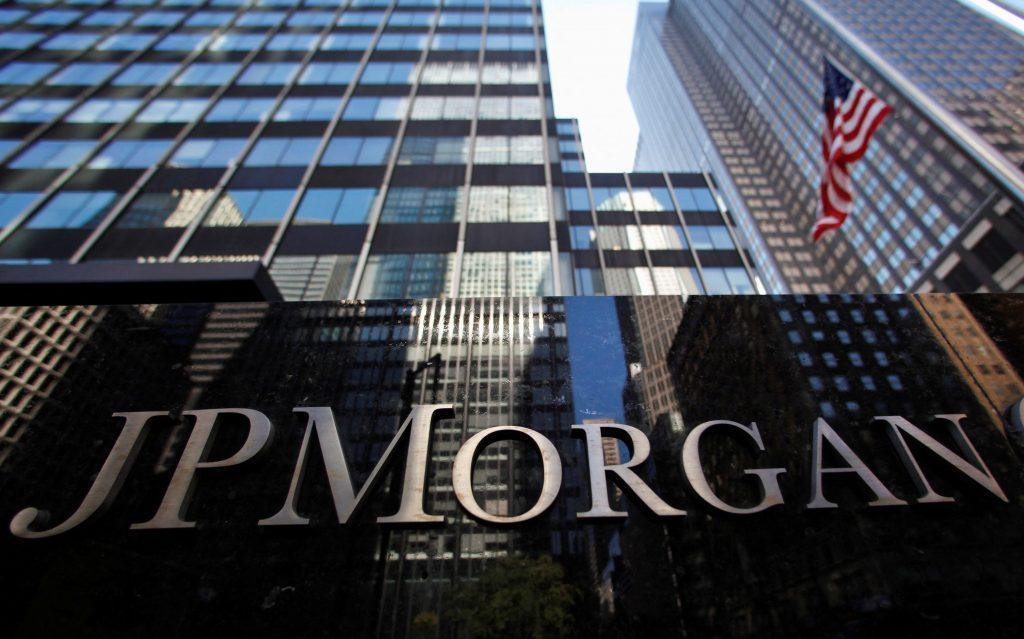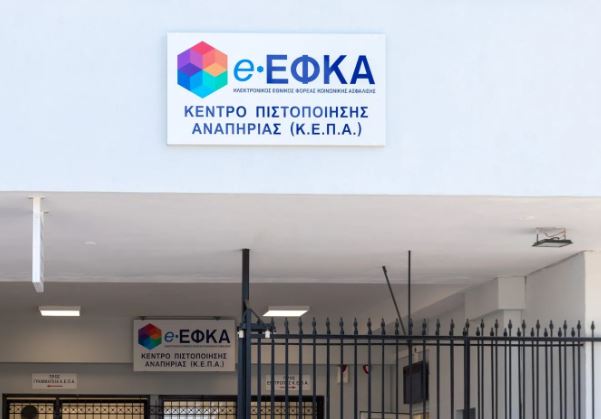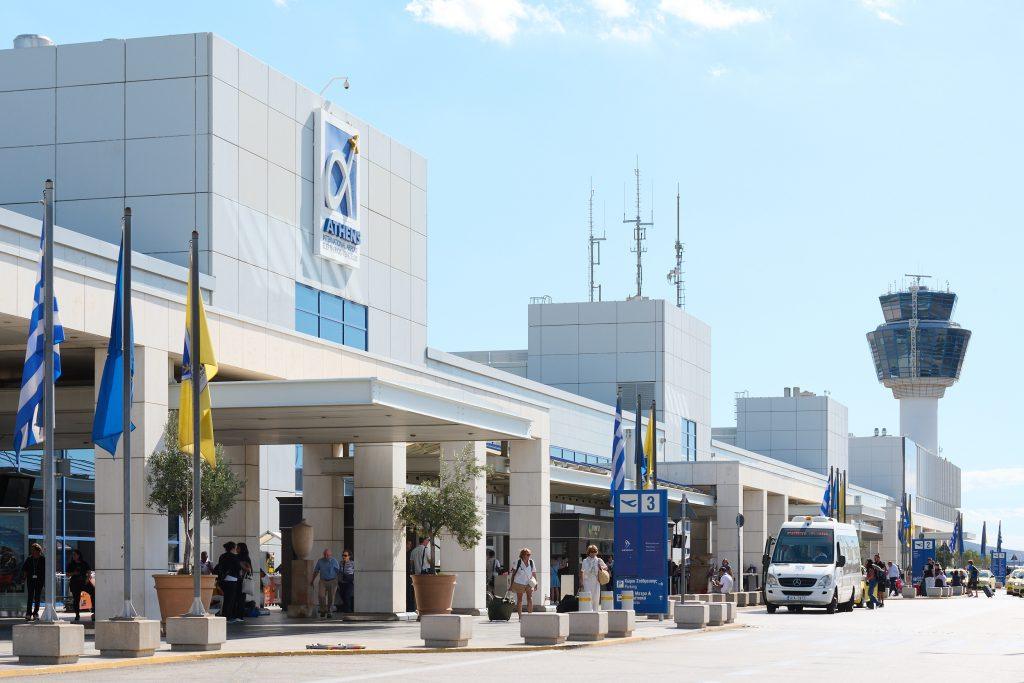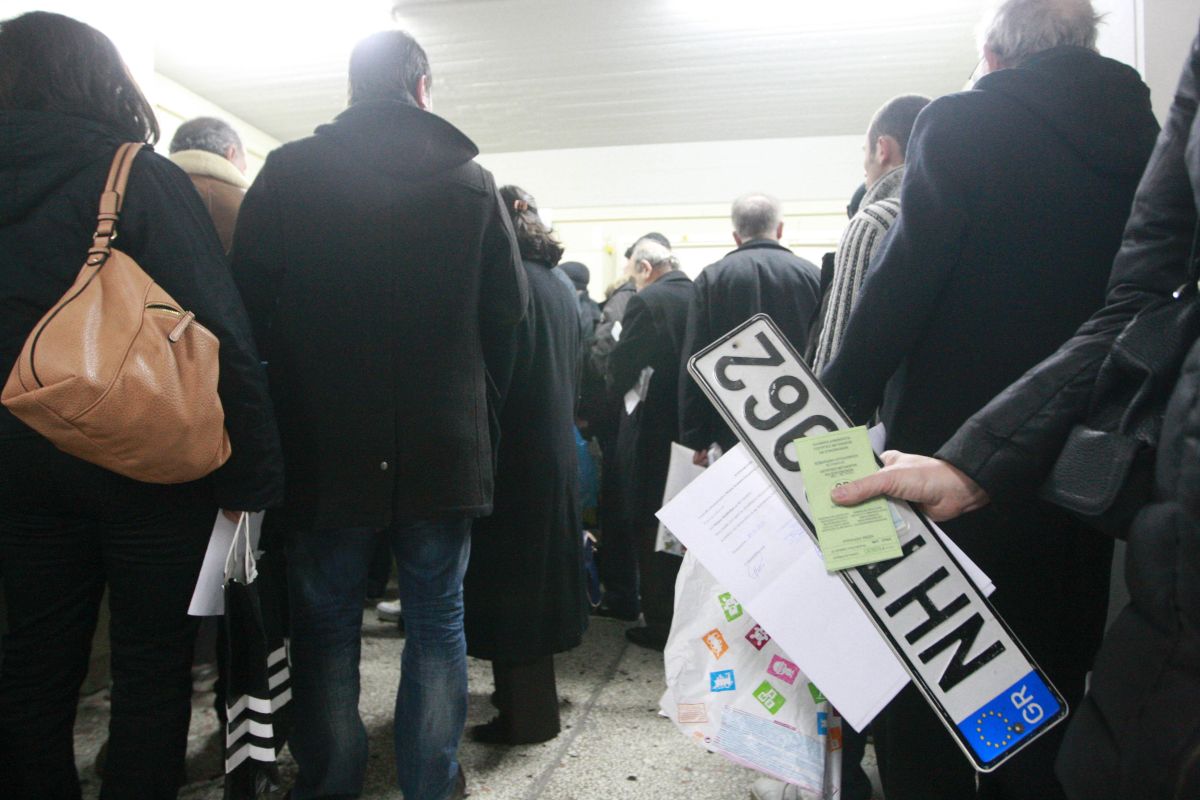The issue of the high cost of energy and raw materials is highlighted by 8 out of 10 German companies in Greece as the biggest threat to the market since the war in Ukraine, with 5 out of 10 concerned about the course of the Greek economy, as a result of the geopolitical crisis.
The above results from the latest AHK World Business Outlook, held in June this year by the Central Association of German Chambers of Commerce and Industry (DIHK) in which, however, despite the concern of member companies of the Hellenic-German Chamber of Commerce and Industry, 7 out of 10 expressed the intention to either maintain or increase their investments in Greece.
In particular, 94% of the executives, who participated in the survey, described the situation of their companies as stable to growing, 73% expressed their optimism that the next 12 months will be more positive, 28% stated their intention to increase investments and 41% to keep them stable, while 22% expressed their intention to proceed with hirings in the next 12 months.
However, 48% of the respondents were negative about the course of the economy over the year. As for the biggest risks to the economy, 69.6% mentioned energy costs, 59.4% the cost of raw materials, 40.4% demand, 36.5% the lack of skilled workers and 28.8% the conditions of economic policy framework.
The consequences of the Russian invasion
Asked what the short-term economic consequences of the Russian invasion are for businesses, 82.6% of respondents cited higher energy and raw material costs, 62.3% pointed to supply chain disruptions, 40.5% commented on shortages of raw materials, the percentage of those who cited a consequent decrease in incoming orders was of the same order, and 27.5% raised the issue of reducing or even stopping production.
As concerns long-term changes in the international distribution of activities, 36.8% commented on government intervention in supply chains (e.g. through legislation, trade barriers), 35.3% mentioned the change in regional risk assessment, 32.4 % the termination or limitation of business relations in some areas, 27.9% the change of transport routes and a corresponding percentage pointed out the increase in protectionism and the increased diversification of suppliers.
Meanwhile, the issue of energy prices was also seen as the biggest risk for businesses by participants from other national markets in the DIHK survey. In particular, relevant reports were made by Italy, Portugal and Bulgaria, in Spain the cost of raw materials was mentioned and in Turkey the exchange rate was noted as the biggest risk. Finally, regarding the impact of the war in Ukraine and the six national markets, the issue of high energy















![Δημόσιο Χρέος: Γιατί «κατεβάζει» την παραγωγικότητα στην Ελλάδα [γραφήματα]](https://www.ot.gr/wp-content/uploads/2025/12/debt.jpg)

























